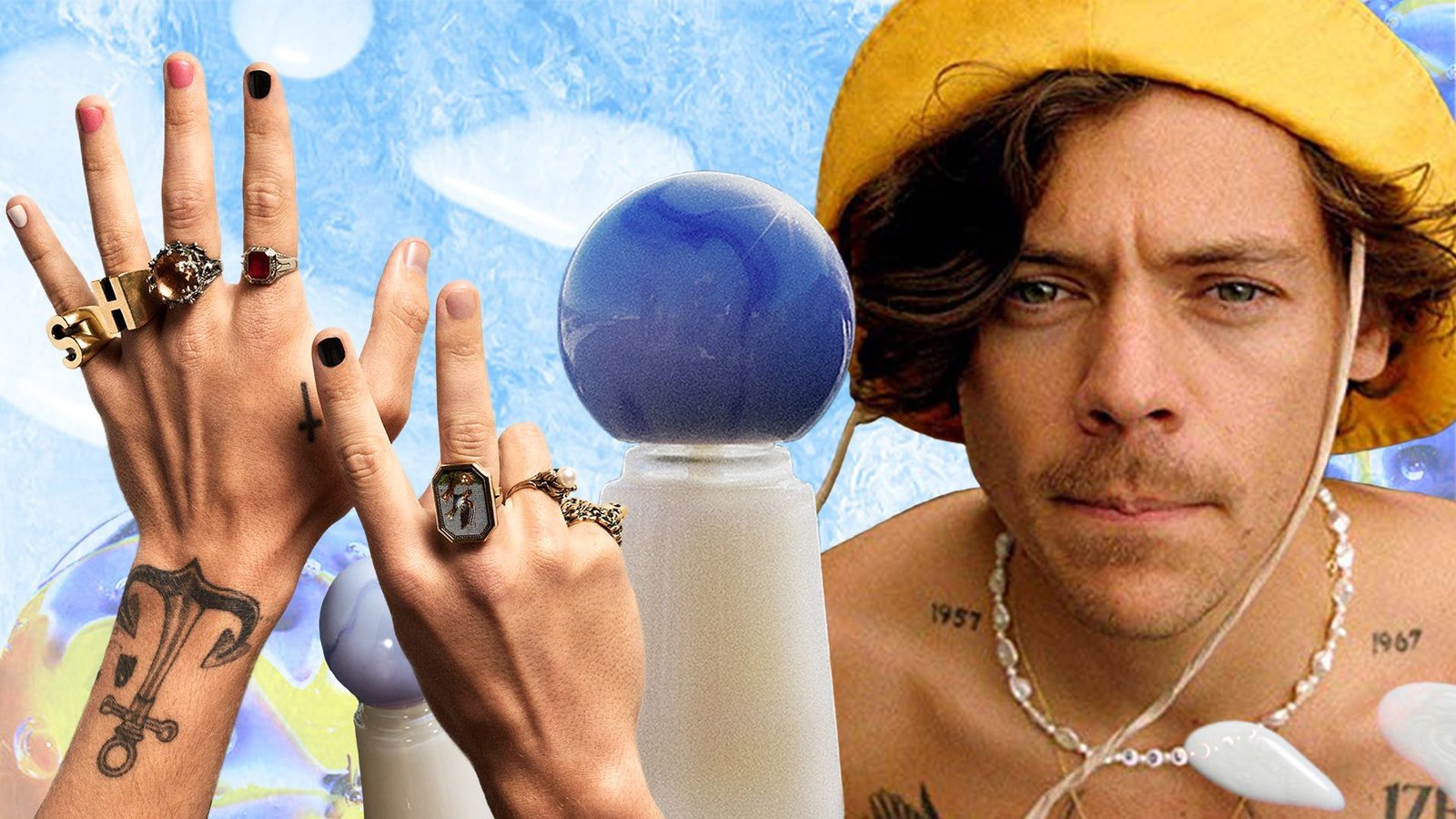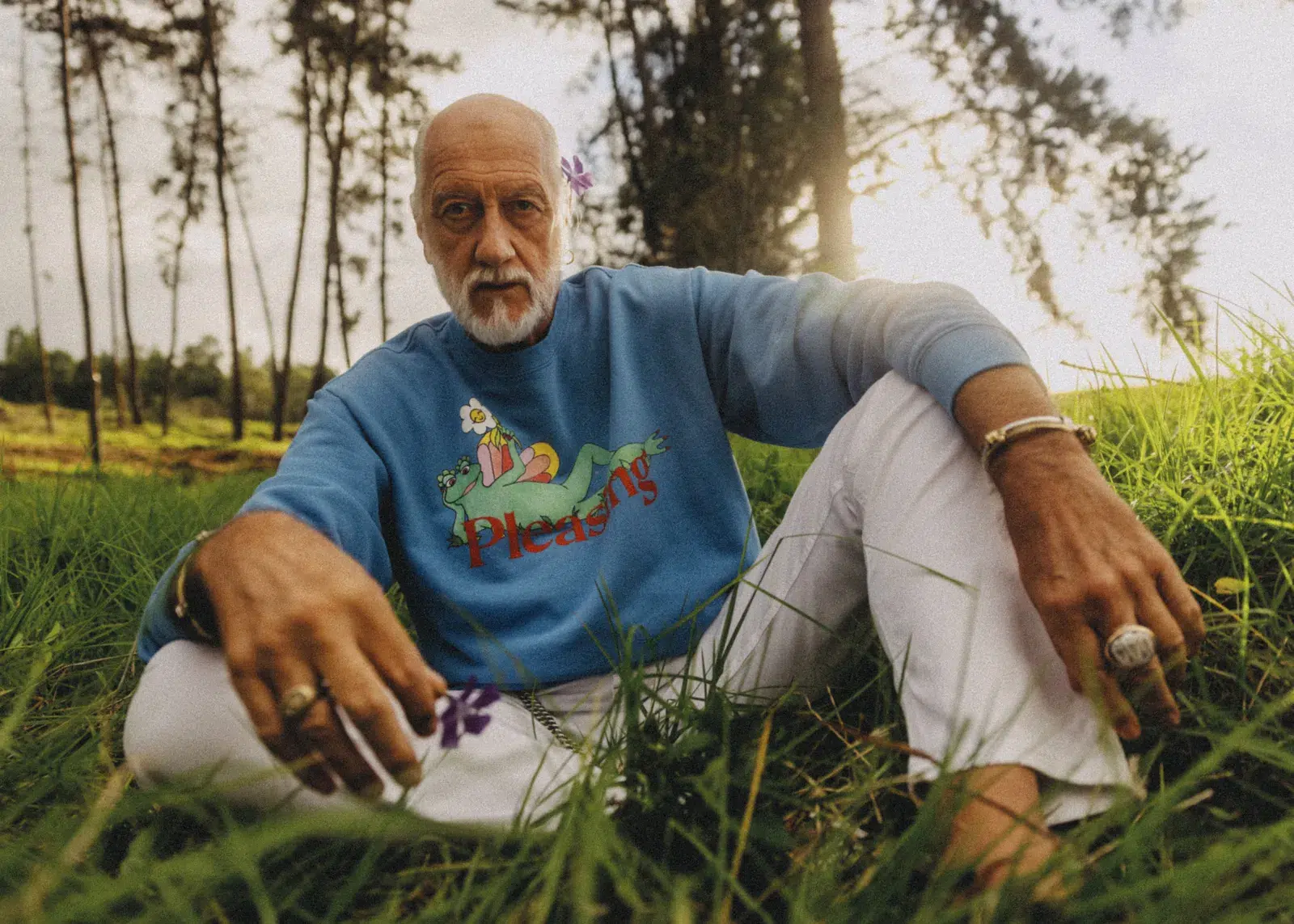The beauty market generated approximately $430 billion in revenue in 2022 and is projected to reach a staggering $580 billion by 2027. The popularity of beauty brands founded by celebrities has surged in recent years, with growth in this sector up 33% from 2021 to 2022, and building. From Hailey Bieber’s Rhode to Selena Gomez's Rare and Millie Bobby Brown's Florence by Mills, celebrity-founded brands like these show no sign of slowing down.
The rise of the celeb–preneur
A decade ago, competing with giants like Estee Lauder or Clinique required more than a punchy brand strategy. You needed proprietary industry knowledge, secret formulas, connections with top photographers, and a big-name celebrity for your launch just to start to compete.
So how is it these celebrity brands are doing so well? Let’s break it down:
- Influence – Launching a new business normally means a painful period of trying to hone in on product market fit. Typically you zone in on a small community that love your product and will advocate for your brand. Celebrity brands bring along a ready audience of fans who trust their taste, and are happy to trial products. The coveted emotional connection already exists.
- Assumed quality perceptions – Because of this pre-existing relationship, the consumer is far more likely to, at least initially, overlook functional aspects of the product (formulations, durability etc). The shopper instead trusts that the celebrity has done their homework. The underlying logic is that a celebrity associated with having great taste wouldn’t jeopardise that perception by bringing a crap product to market so it must be good. This dovetails into celebrity brands also experiencing less price sensitivity because of the assumed value and quality of the product.
- Creative authenticity – Many celebrity brands are seen as extensions of the celebrity’s personal style, beliefs, or preferences. This perceived authenticity can make the brand feel more genuine and relatable to consumers. For example, a beauty brand launched by a celebrity known for their distinctive makeup style would be perceived as authentic. Look no further than Lady Gaga’s Haus Labs.
- Trend-Setting Ability – Celebrity brands don’t have to play by the same category rules. The founder is already considered a trailblazer creative and worth paying attention too. Rather than adopt and leverage existing trends, they can set them. And of course, their loyal legions follow.

Pleasing’s Playbook: Unique, Just Like Harry
With the above in mind, let’s unpack the strategy of one of my favourite celebrity beauty brands: Pleasing by Harry Styles.
Harry has over 49M followers on instagram. Whilst a fraction of Selena Gomez’s 430M strong count, he’s still undeniably a global superstar with mass appeal. Pleasing, however, focuses on the niche but fast-growing segment of gender-neutral beauty. By having a clear target audience, the brand can position with both differentiation and distinctiveness to serve the needs of that audience specifically. The brand idea stays potent and grounded, helping to direct all activities from marketing campaigns to new product development, to staff engagement.
“I think we have an opportunity to make something really cool, a company that operates in a completely different way. This can become so much more than just products you can buy. I think it’s about giving, and giving back. I am blessed to have fans who are so supportive of me, who believe in freedom and who have created this safe space for each other. Pleasing is really for them.”
Harry Styles
Keeping to Key Values
The brand line ‘‘we’re pleasing, never perfect’ encapsulates its focus on individuality, inclusivity and community.
Individuality:
- The brand’s aesthetic, influenced by Harry Styles’ association with the 70s vibe, appeals to both nostalgia and modern sensibilities. This unique blend makes the brand stand out in a saturated market, and encourages others to embrace their individuality.
- This value is pulled through to experience, with personalisation tools like ‘Pick & Mix’ allowing users to select what products are right for them https://uk-eu.pleasing.com/pages/pick-mix. Even the products themselves feel distinctive due to clear consideration of brand assets, from the spherical nail varnish tops to the DTC mailers, the design approach enhances its chance of memorability.
Inclusivity:
- With its focus on gender-neutral products, Pleasing positions itself as a brand for everyone, an advocate for individuality. By moving away from traditional gender binaries in beauty products, the brand caters to a wide spectrum of identities, allowing individuals to express themselves freely without the constraints of gender-specific products.
- Taking the makeup palettes as an example, the utilitarian packaging further reinforces this idea that make up is for everyone and the colour ways help to encourage playfulness, fun and self expression.
Community and Social Good:
- Pleasing adopts the classic DTC tactic of releasing products in ‘collections,’ similar to how Kanye West’s Yeezy line operates. This approach creates a sense of exclusivity and urgency, driving consumer interest and demand.
- Adding depth to this proven tactic, each collection connects to a specific charity or community initiative, adding a layer of social consciousness to the brand identity, and allowing fans to feel like they are contributing positively to society. The latest micro-collection, Hot Holiday, partners with Queercircle, a UK-based LGBTQ+ led charity works at the intersection of arts, culture and social action to develop programmes with leading artists, curators and writers.
I’ve always found that the moments in my life which have brought me the most joy are the small ones, whether it be, you know, the end of the night under the stars or a bite of food, or sitting with your friends thinking, ‘Oh, I’m never gonna forget this’. I really think that the essence of Pleasing is finding those little moments of joy and showing them to people.
Harry Styles

Beyond Beauty
Pleasing, like all good e-commerce brands, has been effective at building pre-sale anticipation to line up demand ahead of launches. Taking the latest line extension, Fragrance as an example, functional teases like peel-off fragrance strip samples in orders, combined with sensorial filmic social advertising have helped to pique customer interest and grow the audience base ahead of launches. It will be interesting to see how the team scales growth over the next year, taking the brand into more physical and experiential retail spaces like the current Selfridges Corner Shop activation.
Even more fascinating is how the collections will evolve beyond beauty. You can already purchase apparel (although it’s more branded swag than fashion). But if we’re to take Harry’s founding philosophy to heart, Pleasing product strategy will be led by the notion of joy seeking rather than building out a category against consumer trends and entry points.
This philosophy even led to Harry casting none other than music royalty, Mick Fleetwood to be the face of the second collection Shroom Bloom stating he’s a “magical man”. How joyous indeed.
Want more like this? Check out Untangld Co-Founder and Strategy Director, James Needham’s latest piece on Consistency vs Novelty
References:
https://nielseniq.com/global/en/insights/commentary/2023/celebrity-beauty-brands-key-success-drivers-in-2023/
https://www.voguebusiness.com/beauty/plans-for-harry-styless-pleasing-from-new-ceo-shaun-kearney
https://www.dazeddigital.com/music/article/54765/1/harry-styles-pleasing-brand-cover-2021-interview





